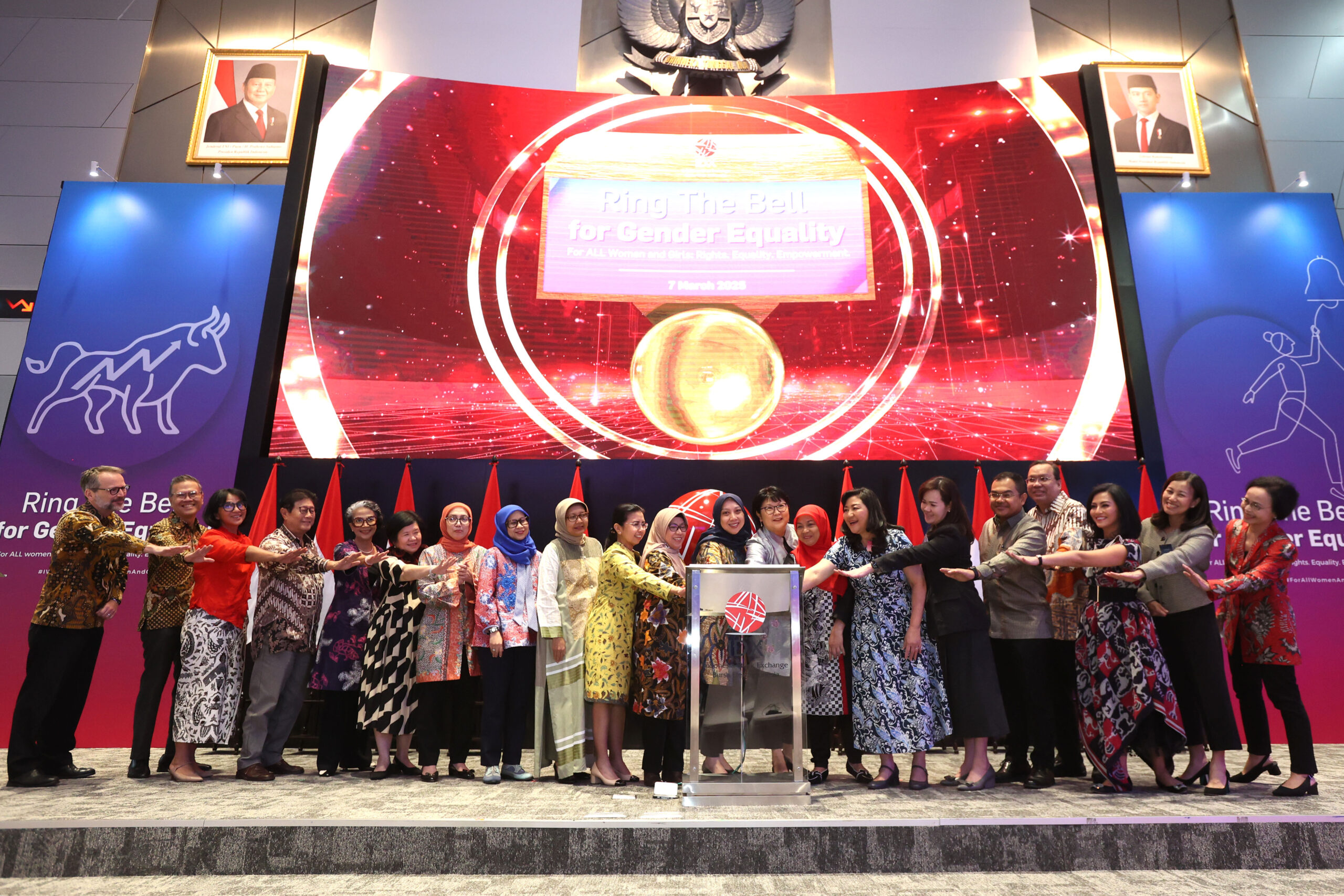On May 27, the first session of the Public-Private Dialogue Series: Internal Audit and the Fight Against Corruption brought together key stakeholders from Indonesia’s anti-corruption ecosystem. This session, themed “The Strategic Role of Internal Audit in Anti-Corruption”, was held in collaboration with UNODC Indonesia and the Indonesia Internal Audit Community (IIAC).
During the opening remarks, Josephine Satyono, Executive Director of UN Global Compact Network Indonesia, emphasized the role of internal audit as a strategic advisor—not only the third line of defense, but a trusted partner in ethical decision-making. Mohamad Haries, President of the Indonesia Internal Audit Community (IIAC), highlighted the importance of preserving good governance and transparency as fundamental values across institutions. Zoelda Anderton, Country Manager of UNODC Indonesia, reaffirmed internal audit’s critical function in supporting the principles of the UN Convention against Corruption (UNCAC) and fostering meaningful cross-sector collaboration.
The session continued with a discussion moderated by Indri Pramitaswari Guritno, Senior Partner at HHP Law Firm and Vice President for Governance Partnership and Policy Advocacy at UN Global Compact Indonesia. The audience was highly engaged, raising thoughtful questions for all speakers throughout the session.
Some key takeaways from the session includes:
- Zorana Markovic, Regional Anti-Corruption Adviser at UNODC, emphasized the need to strengthen internal audit systems to detect corruption risks in both public and private financial management. She also highlighted the importance of aligning with international standards such as UNCAC Article 9 on public procurement and financial controls. Furthermore, she pointed out that following the money trail and identifying illicit assets held abroad remain serious challenges in effectively countering corruption offenses. Addressing these challenges requires strong cooperation mechanisms, which can be achieved through bilateral agreements between countries as well as direct police-to-police collaboration.
- Agus Joko Pramono, Vice Chairman of the Corruption Eradication Commission (KPK) 2024–2029, shared KPK’s current focus on prevention, including corruption risk assessments, regulatory reforms, and national integrity strategies aimed at raising Indonesia’s Corruption Perception Index (CPI) by 2029. He noted that many elements influencing Indonesia’s CPI score lie beyond KPK’s direct control, including factors like democracy, investment climate, and political transparency. Hence, KPK is strengthening collaboration with both domestic and international stakeholders—including chambers of commerce—to understand real challenges faced by investors, such as frequent illegal levies. This collaboration, along with regulatory reforms and stakeholder engagement, forms what he described as a “trisula” (trident) strategy: enforcement, prevention, and systemic improvement.
- Alexander Sianturi, Partner for Forensics, Integrity, and Compliance at Ernst & Young, underscored the role of corporate culture, governance, and internal controls in preventing fraud. He noted that organizations must integrate integrity into leadership and decision-making structures to reduce tolerance for unethical behavior—even from high performers. He also highlighted that addressing the emerging challenge of corruption facilitated by AI-generated false transaction evidence requires recognizing that AI operates based on data. AI is already employed as a powerful tool in fraud detection to verify whether documents and transactions are authentic or fabricated. Moving forward, the use of AI for fraud and corruption detection must become an integral part of compliance and audit procedures. To effectively combat AI-driven corruption, organizations cannot rely solely on traditional methods; they must leverage AI technologies to counteract these advanced risks.
- Emanuel Marpaung, Partner for Forensic Accounting & Financial Crime Services at Triage Investiga, shared ten practical strategies to identify and mitigate corruption risks. He highlighted the importance of equipping internal auditors with investigative skills and leveraging data analytics to strengthen early detection systems. Additionally, he emphasized that awareness of the Whistleblowing System (WBS) must be prioritized and adequately budgeted for. This awareness initiative should come directly from top management to ensure that whistleblowers are protected. Companies should also establish clear WBS policies alongside anti-retaliation policies and it needs to be communicated not only internally but also shared with vendors, suppliers, and other relevant stakeholders.
This public-private dialogue clearly shows that collective action is crucial for the private sector to effectively resist corruption. When companies come together with a shared purpose, they can openly discuss how to respond and identify related risks. Individual companies that act alone often face retaliation, highlighting why more collective sharing sessions are necessary. The private sector wants to do business cleanly, fostering competition that is predictable and transparent. Stay tuned for the upcoming sessions of the Dialogue Series as we continue to elevate the role of internal audit in advancing transparency, accountability, and integrity.





